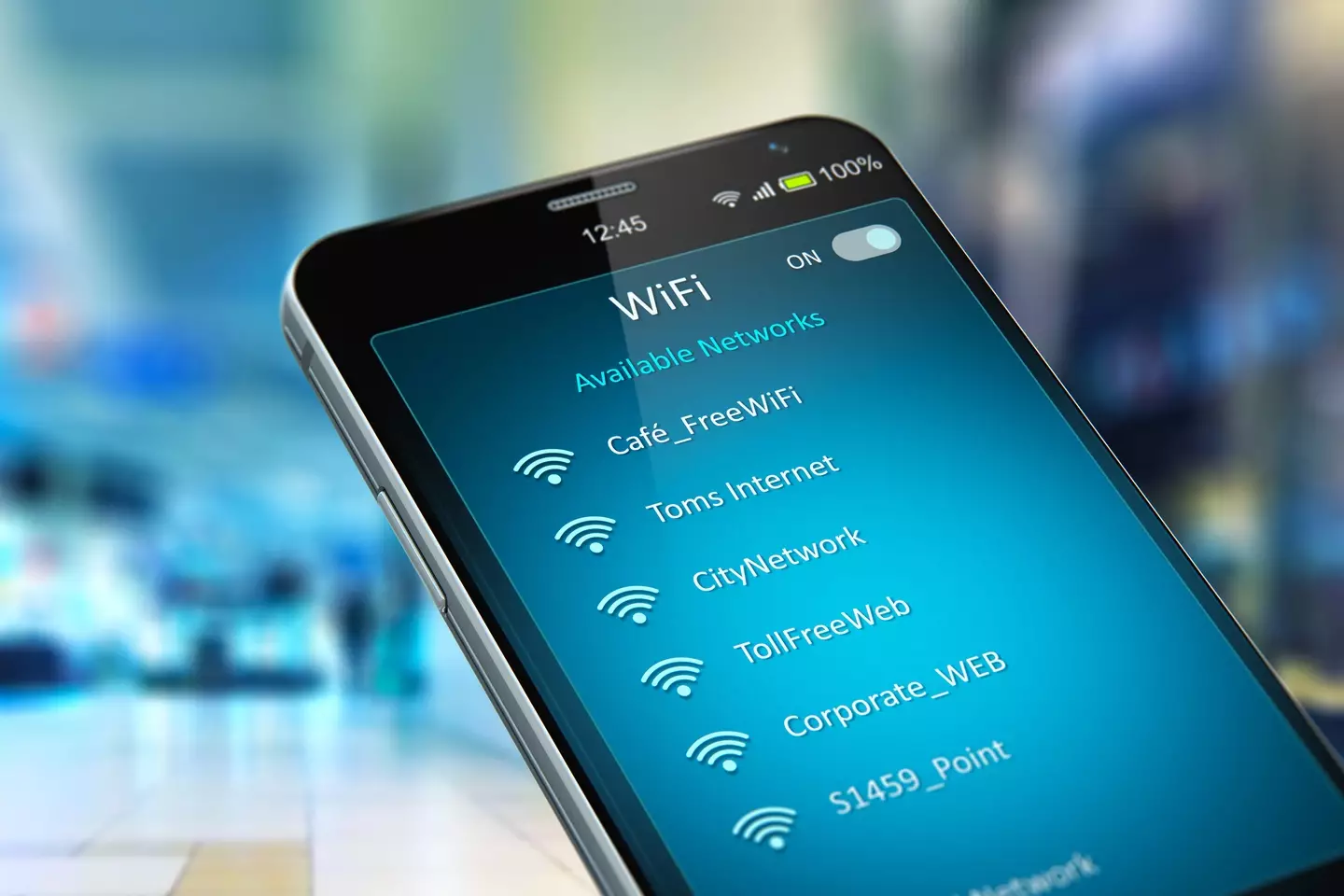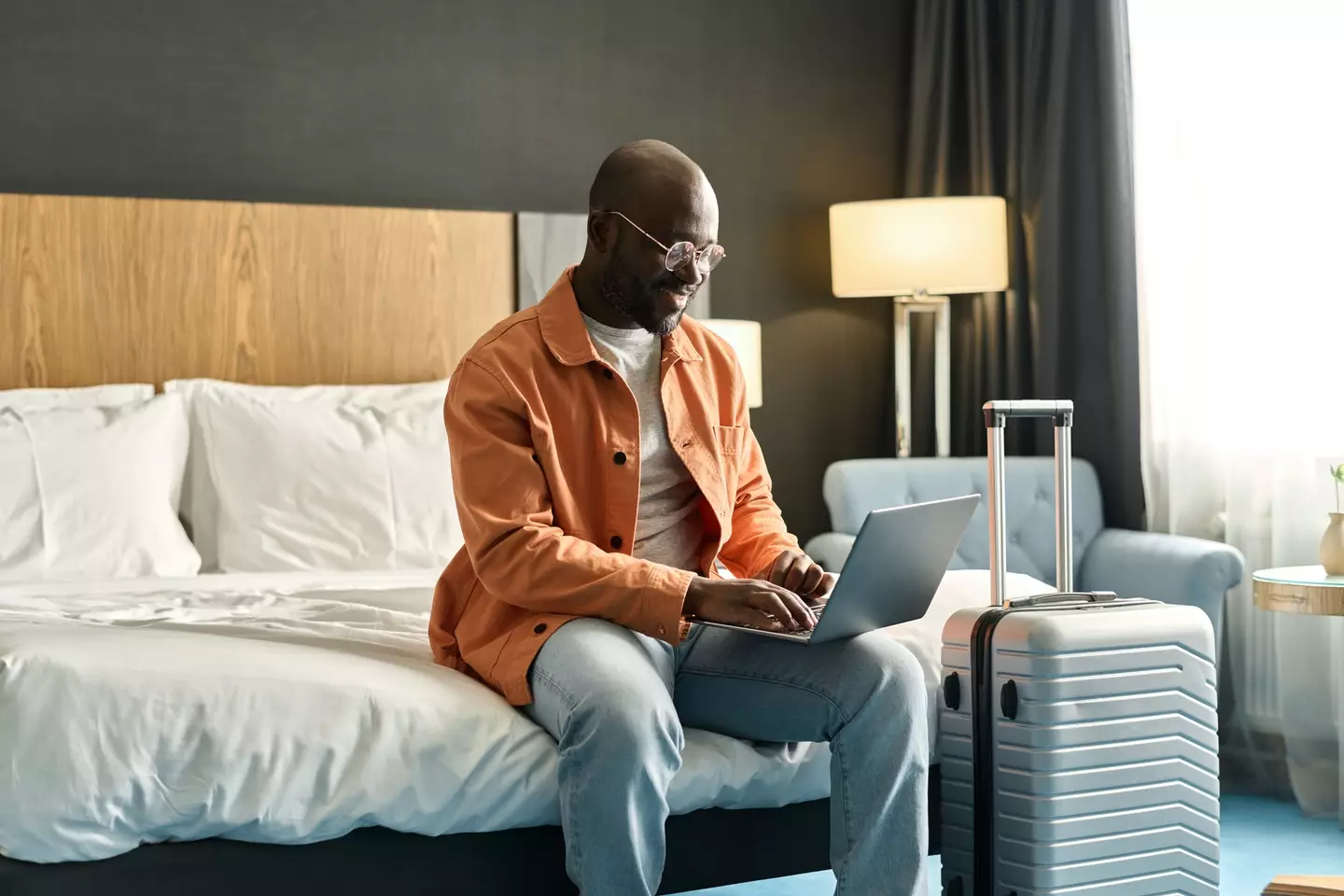
Whether it's to check emails or post on social media, we've all used the free WiFi at a café before - but it could be more dangerous than you think.
Many people don't realize that logging onto the internet at your local coffee spot can put your privacy at risk, whether it's confidential banking details or work emails.
Using a virtual private network (VPN) like ExpressVPN helps to protect your connection by encrypting your data and routing it through a secure tunnel - particularly important on public WiFi networks. Plus, ExpressVPN has just launched new membership plans to empower users to choose the plan that best suits their budget and digital privacy needs.

So, what is a VPN and how do they work? Scroll down now to find out everything you need to know.
What happens when you log onto public WiFi?
Not many people know the risks of logging onto a public WiFi, but it can put you at the hands of hackers.
"Public Wi-Fi in somewhere like a café or hotel is inherently risky because you’re joining a network that anyone nearby can access - most of which are unsecured without encryption," Chief Information Security Officer at ExpressVPN Aaron Engel explains.
"Additionally, when users are expecting to access a 'free' WiFi network, they have a tendency to not validate who the owner is. An attacker can create a malicious network mimicking the 'legitimate' free one but be designed to harvest user information. Without a VPN protecting your online activity, you're at risk of falling victim to a range of attacks including eavesdropping and man-in-the-middle interception, which could leave your passwords and other sensitive information exposed."
According to Engel, login credentials for personal or work accounts, banking details and other personal information are examples of high-value information that people commonly send over the internet and which could be targeted. Any information sent unencrypted over an unsecured or compromised network is at risk.

What is a VPN and how does it work?
A VPN is a secure tunnel between your device and the internet. For example, people often install a VPN when traveling or working remotely from public spaces, as it will protect your personal data from hackers.
Connecting to a VPN also enables you to access content or services that aren’t available in your location, whether you want to shop online or watch your favourite TV show abroad.
Why do you need a VPN?
To protect yourself from the risks mentioned above, a VPN will encrypt your data before it leaves your device.
"This masks your IP address to hide your location and identity, as well as shields your online activity from prying eyes, preventing Man-in-the-Middle and Distributed Denial-of-Service (DDoS) attacks," Engel explains.
"To truly protect your data, however, you'll need to use a high-quality VPN to ensure robust encryption and secure connections, particularly on networks where trust is questionable, such as public Wi-Fi in cafes, hotels, or airports."
According to Engel, it's not as difficult as people think to hack an unsecured WiFi network either.
"With minimal technical knowledge, an attacker can monitor the data flowing across the network or trick devices into routing traffic through their system," he says. "This opens the door for attackers to steal credentials, session hijacking, and other forms of account compromise - all while the victim remains unaware that anything is happening."

What's the best VPN package for you?
ExpressVPN has a huge range of options available to ensure you're safe online no matter which package you choose, by masking your IP address and encrypting internet traffic.
In fact, the leading VPN service has three new packages to choose from: Basic, Advanced, and Pro.
For those of you looking for a great VPN experience with a solid set of built in features, you might want to select the Advanced plan, which includes the following perks: Password Manager (keys), three days of unlimited eSIM data in over 100 countries, advanced protection, identity monitoring and fraud alerts (exclusive to US residents), and up to 12 simultaneous device connections.
Step up to the Pro package and you'll get everything in Advanced plus data removal, credit reports, and a dedicated IP for $209.72 for your first 28 months, saving you 63% on the monthly costs (renews at $199.95 yearly). Meanwhile, the Basic plan is a great option if you’re on a budget, as there’s currently up to 73% off for the first 28 months (later autorenews at $99.95 annually).
Basic:
- 10 simultaneous connections
- Lite Protection (block ads and malicious sites)
Advanced:
- Built-in password manager
- ID monitoring with fraud alerts and theft insurance (US Only)
- 3 days of unlimited eSIM data
- Up to 12 device connections
- 50% off coupon for Aircove Wi-Fi 6 routers
Pro:
- Built-in password manager
- ID monitoring with fraud alerts and theft insurance (US Only)
- Data removal (US only)
- 5 days of unlimited eSIM data
- Monthly credit reports (US only)
- Dedicated IP (not supported on macOS)
- Up to 14 device connections
- 75% off coupon for Aircove Wi-Fi 6 routers
